2021/02/11
SAVE THE CHILDREN IS AMONG THE FIRST TO RESPOND TO THE HUMANITARIAN CRISIS
How is Save the Children responding globally?
Pandemic widespread and our Covid-19 response on child survival has been carried out in different countries and regions to avoid hunger and malnutrition and help children learn, stay safe, and go back to school. We have been among the first to respond to the humanitarian crisis around the world, and supported 87 countries with over 29.5 million people including 11.8 million children in 2020.
Read “Our COVID-19 Response: Impact in 2020 Report” to Learn More
Country examples
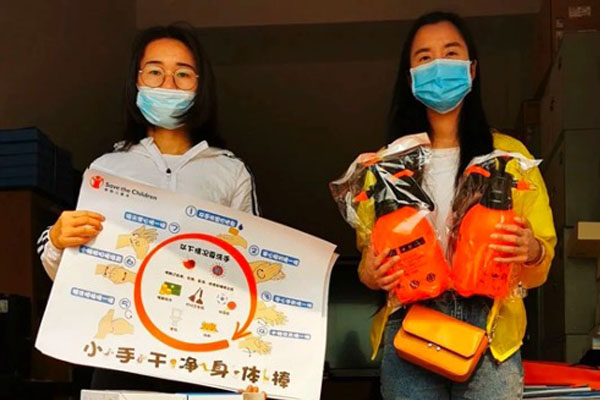
In China, we have delivered surgical masks to help and protect healthcare workers in Wuhan, and are working closely with our colleagues on the ground to provide additional support.
With a special partnership with Kellogg-HK University Science and Technology (HKUST) Executive MBA alumni network, we also donated hygiene kits to vulnerable families through a community centre and a school in Wuhan.
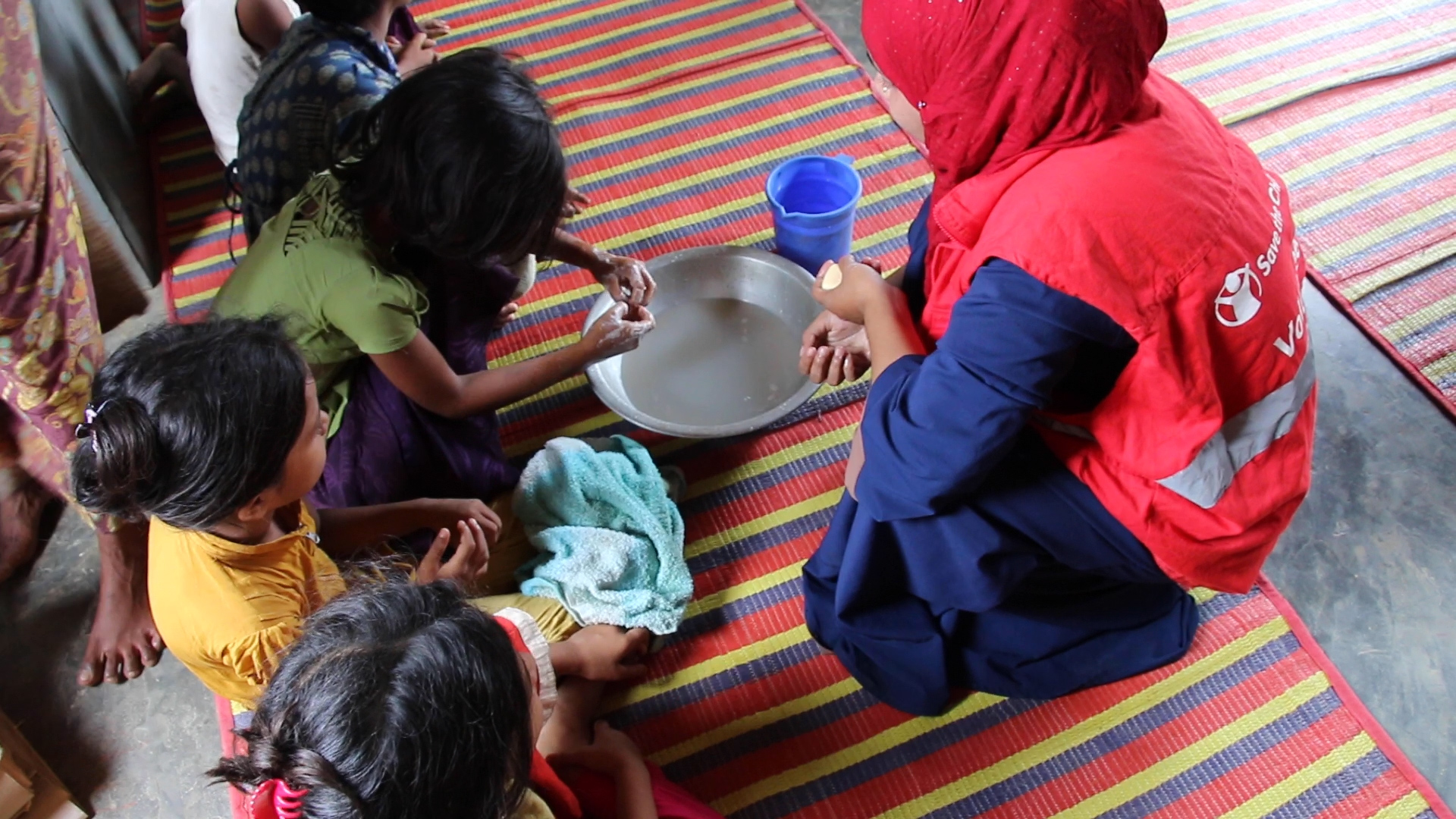
In Bangladesh, we are working in the Rohingya refugee camps to share information on the risks of the virus and to support this vulnerable group to protect themselves. We are repairing toilets and improving sanitation in the camps, and preparing our health facilities to treat patients.
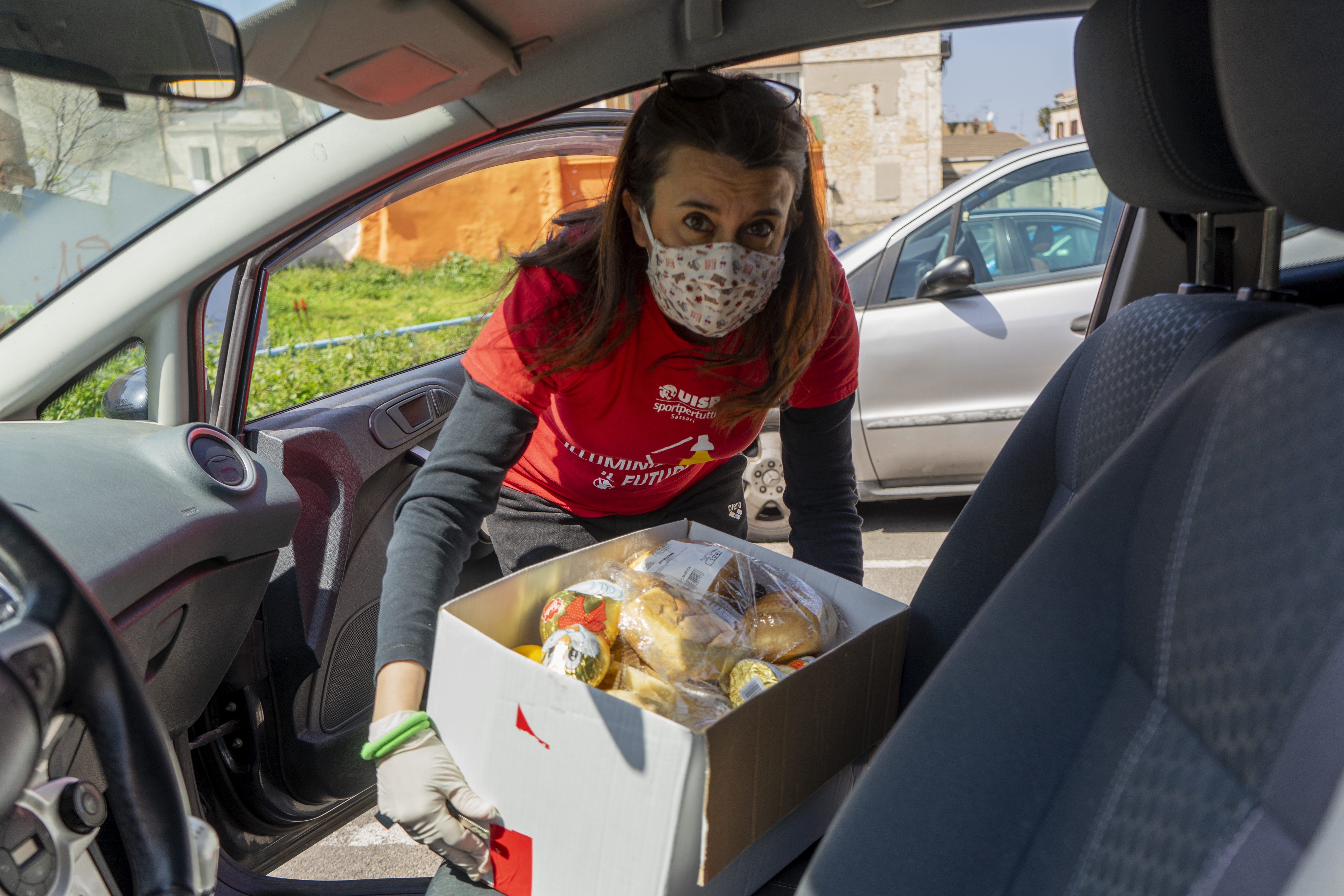
In Italy, our teams are distributing tablets, books and educational games to children from low-income families to support their learning at home. We are also working with families to support their children’s mental health and wellbeing while confined to their homes.
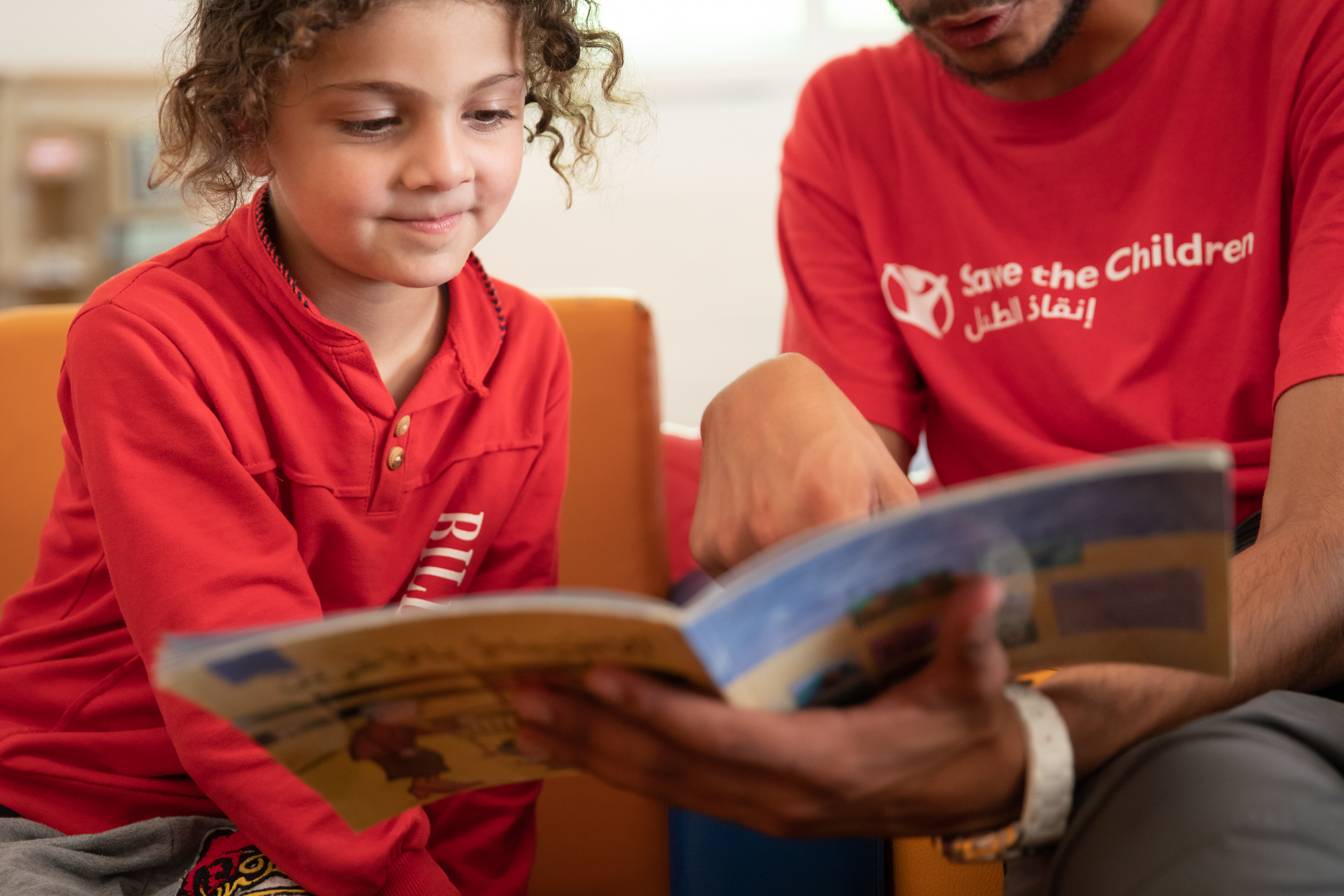
In Jordan, we are adapting existing programming to ensure that children, including Syrian refugees in camps, are able to continue their education and access emotional and wellbeing support. Our team is also coordinating with partners to support the Ministry of Education by increasing and diversifying learning materials.
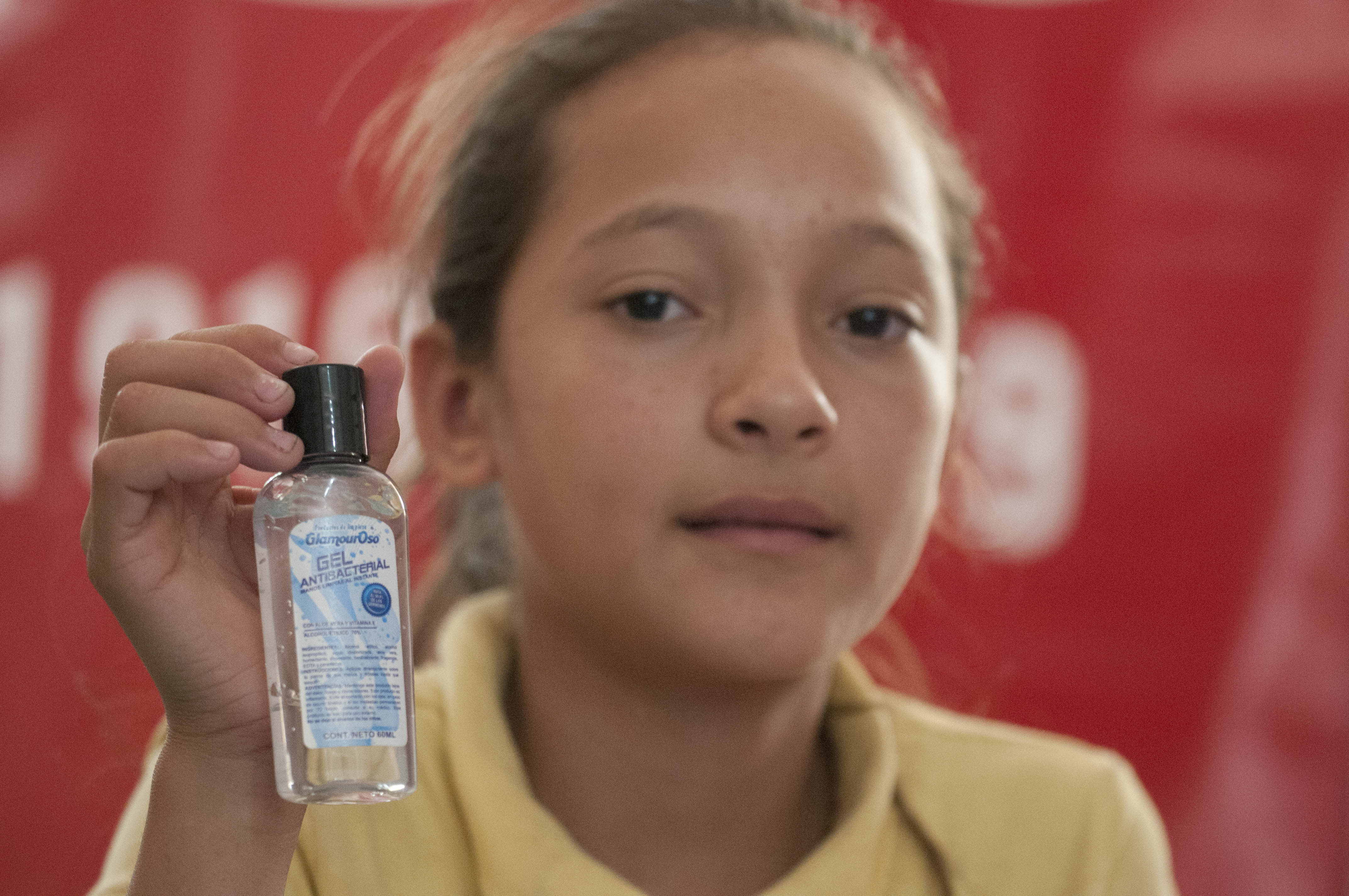
In Mexico, our teams are handing out hygiene kits and materials for families in migrant camps. These kits are vital for helping vulnerable families, providing them with soap, hand sanitisers and essential information on how to stay healthy and protect themselves from Coronavirus.
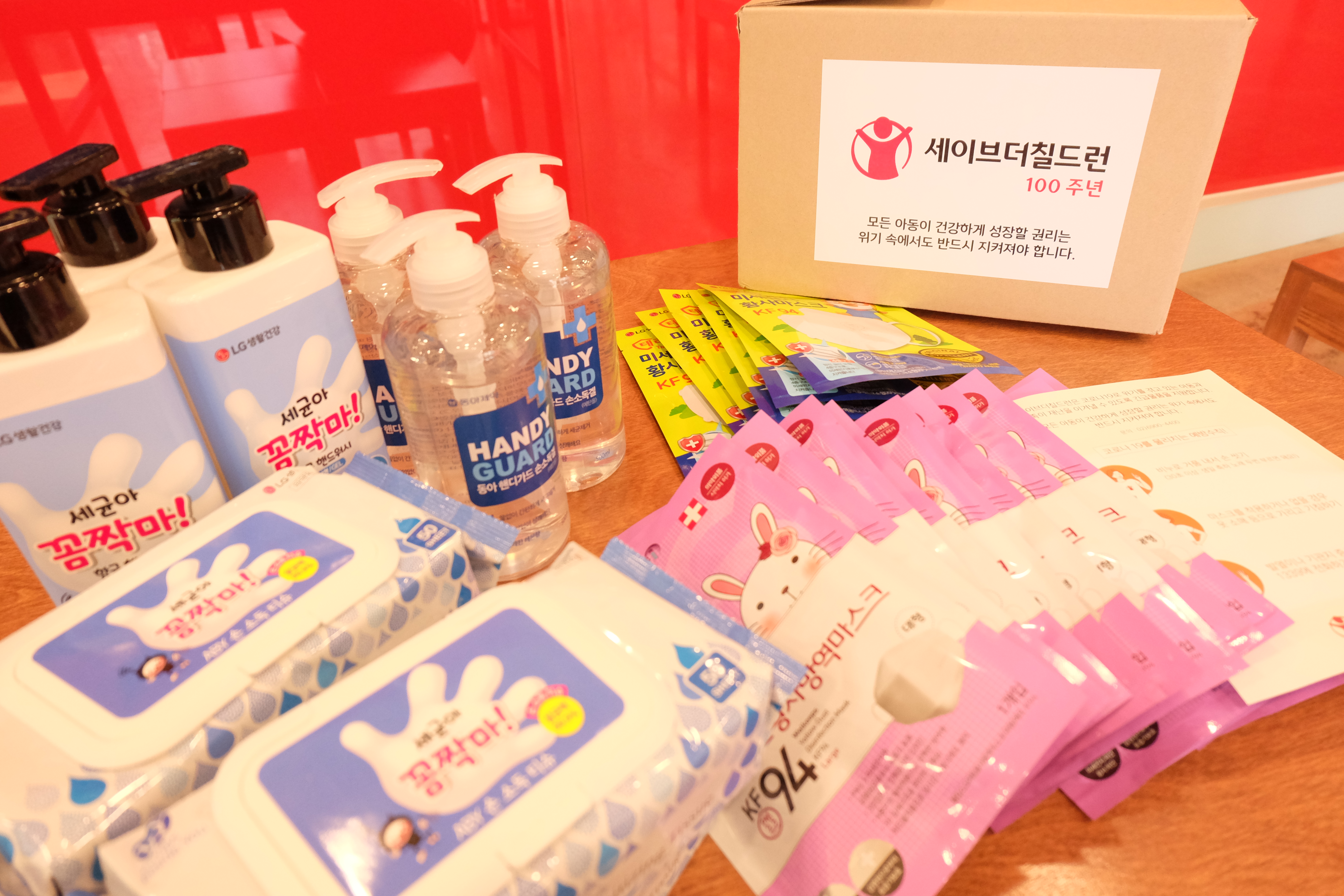
In South Korea, our teams are providing emergency supplies to protect children and their families from infection. We are working with community networks to operate out of 20 sites, using children centres and local government offices, to reach as many children as possible.
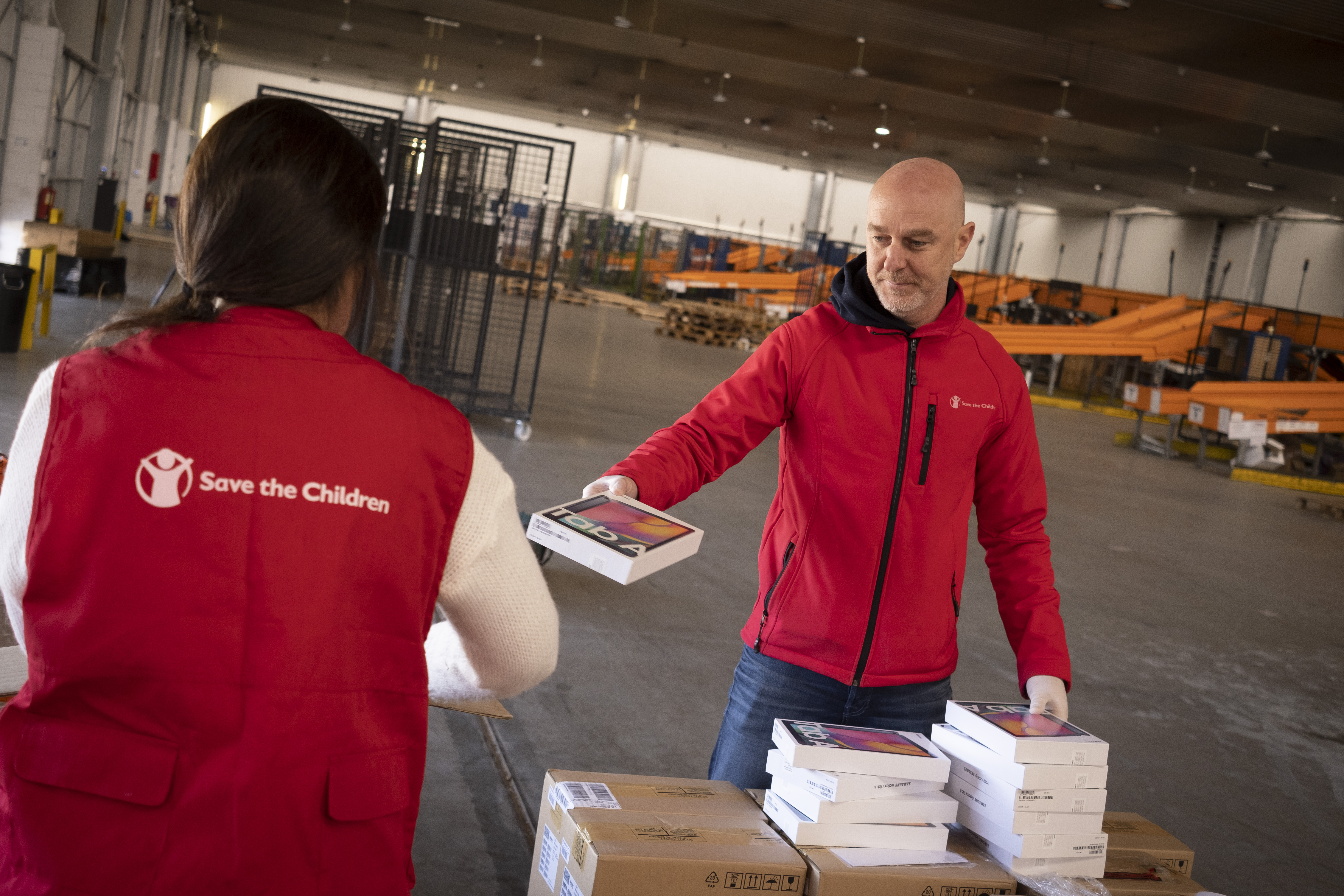
In Spain, we are offering therapy to children and families to support their emotional and mental wellbeing, and we are working with parents and guardians to strengthen their positive parenting skills so they can care for their children during the crisis. We are also supporting struggling parents with cash donations to buy food for their families.

